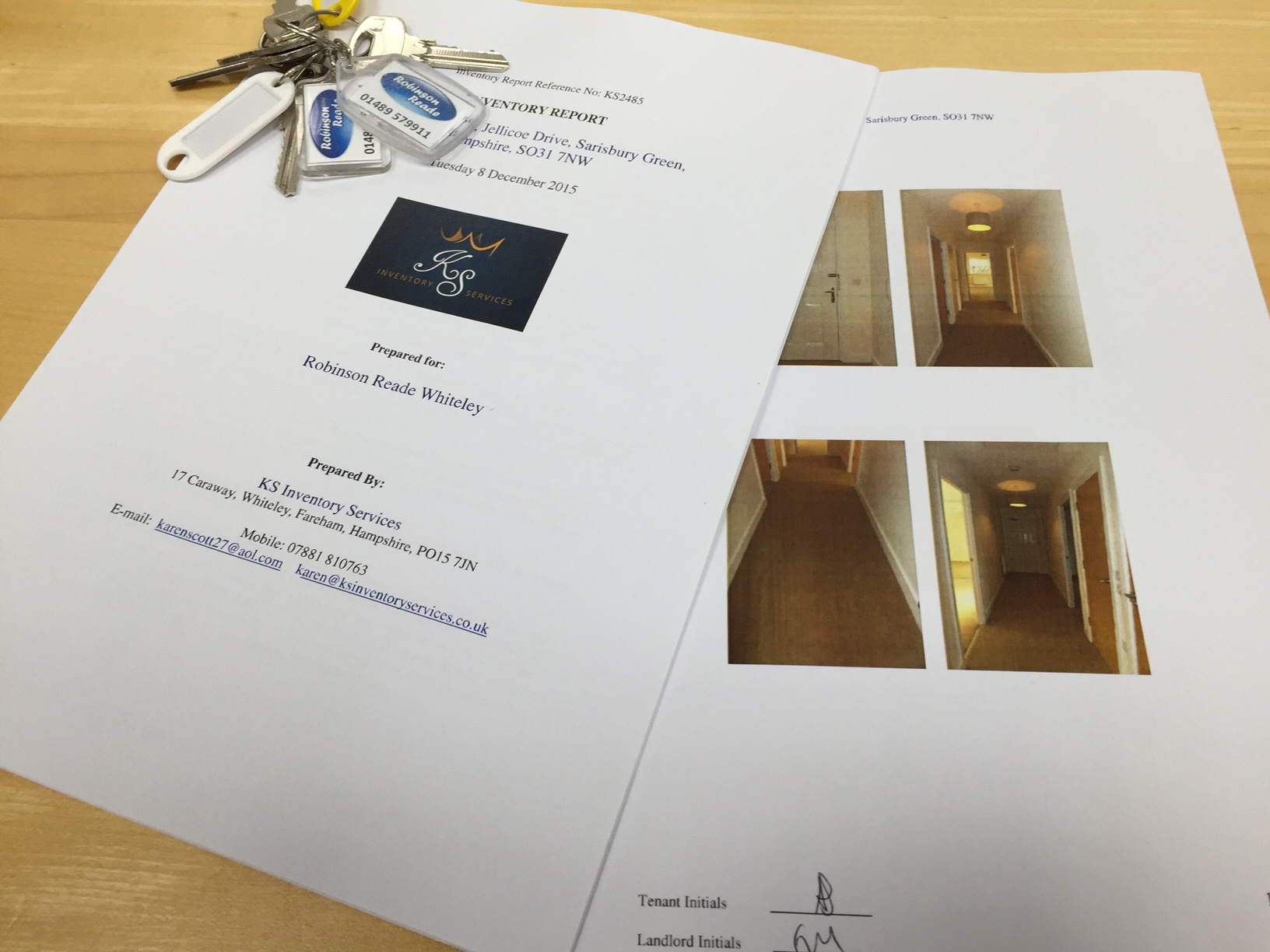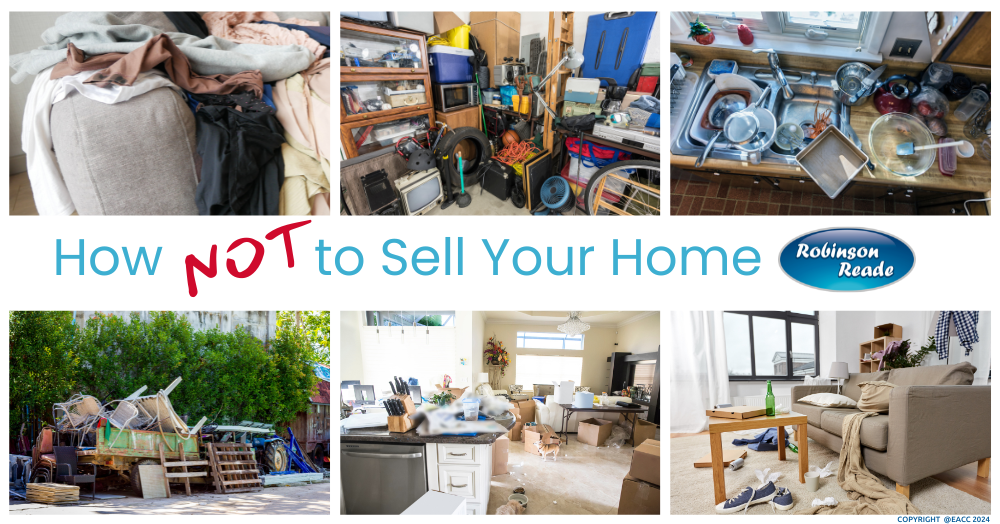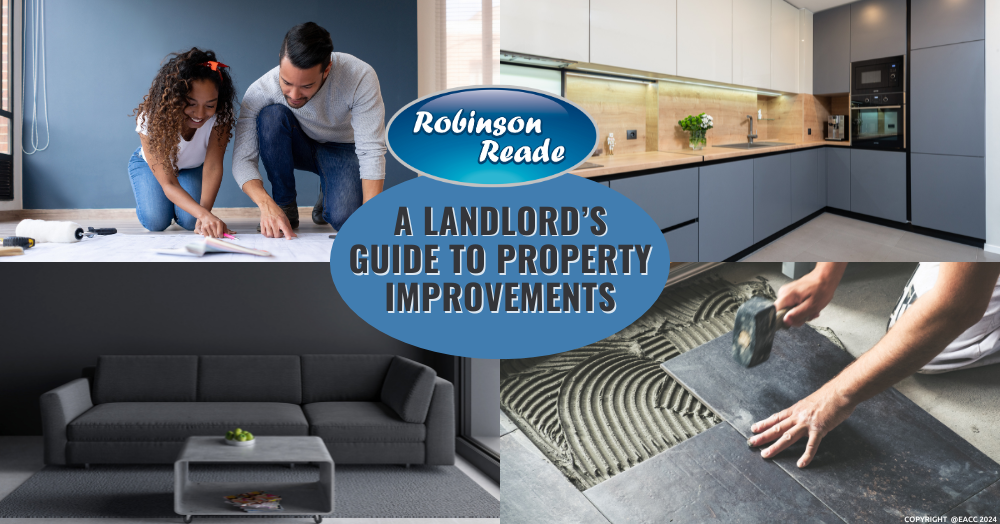If you’ve never had to deal with a dispute at the end of a tenancy then you might well think the inventory is an expensive waste of paper. But, without...
If you’ve never had to deal with a dispute at the end of a tenancy then you might well think the inventory is an expensive waste of paper. But, without this important document you could find yourself being unable to claim anything from the Tenant’s deposit. Remember that the deposit remains the Tenants money until the Landlord proves otherwise.
The inventory provides a record of the property at the start of the tenancy so that any damage or cleaning issues are easily proven at the end of the tenancy.
The inventory should be
- Independently produced
- A detailed record of the condition of the property at the start of the tenancy
- Agreed with the Tenants
Employing the services of a trained, independent inventory clerk is imperative to ensure that the inventory is properly produced and accepted by your deposit scheme provider as an accurate and unbiased record of the condition of the property at the start of the tenancy. An inventory produced by a Landlord or Letting Agent is unlikely to be accepted as such which could lead to disappointment for a Landlord where there is a dispute at the end of the tenancy.
The inventory itself should note everything at the property. The clerk will take considerable time to walk around the property recording everything at the property including seemingly insignificant items such as light switches and power sockets. Any dirt or damage will also be noted and photographs will be taken. As well as recording any damage, a good inventory clerk will also show the scale of any damage by introducing a measure in the photograph. Once all the information has been gathered, the Clerk will then put together a full report with colour photographs detailing the condition of the property at that moment in time. A report for even the smallest of unfurnished properties is likely to cover at least 35 pages.
Timing of the inventory is also important. If the inventory is produced three weeks before the tenant moves in that tenant could argue that the property could have changed significantly in those three weeks and therefore undermine any claim the Landlord might have on the deposit.
Finally, agreement. The inventory must be agreed by the Tenants in order to be accepted as a true reflection of the condition of the property at the start of the tenancy. It’s important that the inventory isn’t just given to the Tenants and then forgotten about. A good letting agent will ensure that the tenants sign to say that they agree the inventory is correct.
At Robinson Reade we use a third party inventory company and we accompany tenants at a formal check in appointment before they begin to move in on the tenancy start date. During this appointment we walk around the property with the Tenants giving them time to read through the report and add anything that might have been missed. We then ask the tenants to initial each page and sign to confirm that the report is a true reflection of the condition of the property at the start of the tenancy.
Once this independent, timely and agreed report is in place it is up to the tenants to keep the property in the same condition (with an allowance for fair wear and tear) throughout the tenancy. Keeping an eye on the property throughout the tenancy is a good idea so that any potential issues can be flagged up and dealt with before the end of the tenancy (see Jane’s previous blog on property visits here http://www.robinsonreade.co.uk/why-you-should-inspect-property/ ). When the end of the tenancy comes around, the check out report will detail any differences between the condition of the property at inventory stage and check out stage. The Landlord will therefore have solid proof that the damage occurred during the tenancy. Without an inventory – proving a Landlord’s claim on the tenants deposit would be practically impossible.
If you’d like to discuss the check in process or any other aspect of our lettings business, I’d love to hear from you – please give me a call on 01489 579911.



 by
by 


 by
by
Share this with
Email
Facebook
Messenger
Twitter
Pinterest
LinkedIn
Copy this link